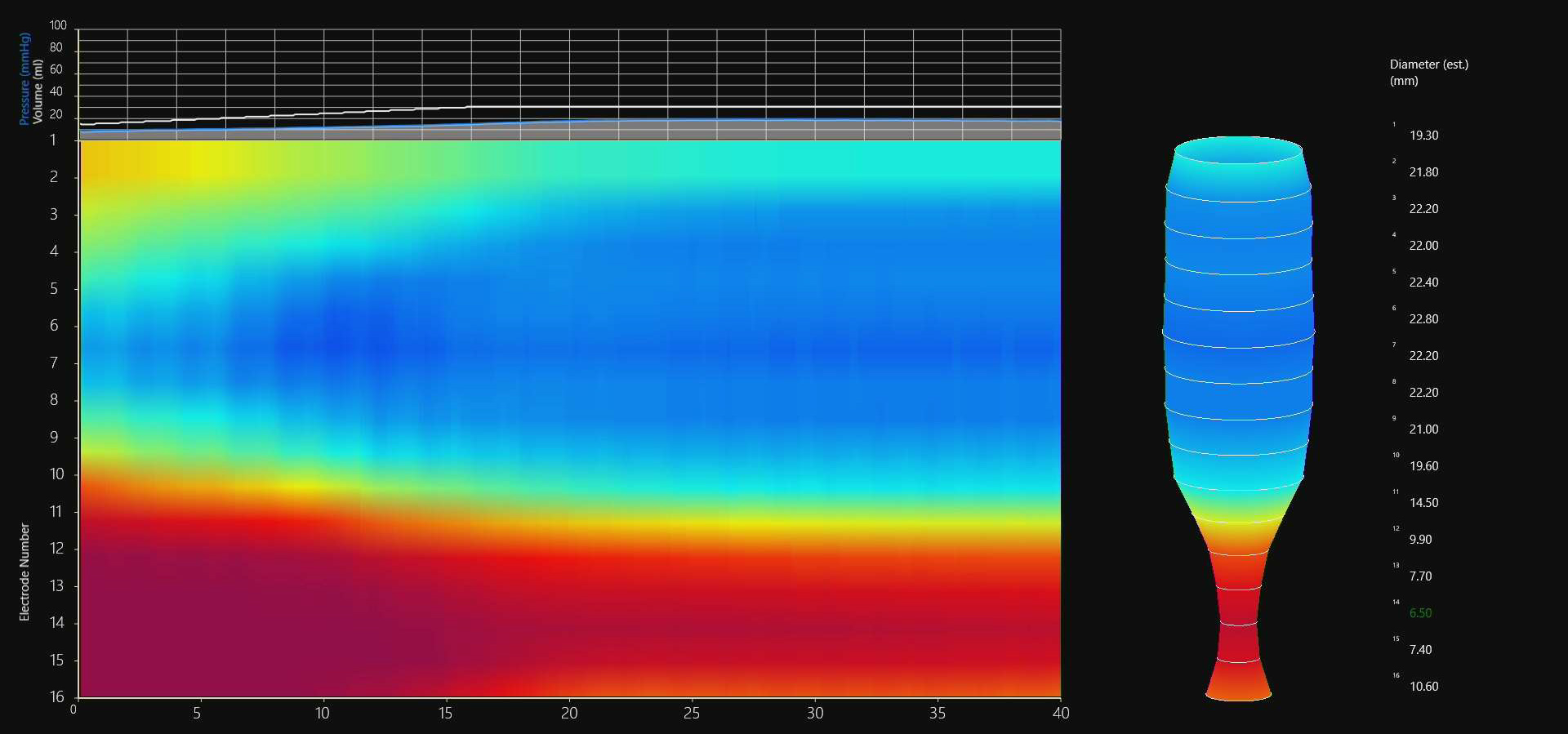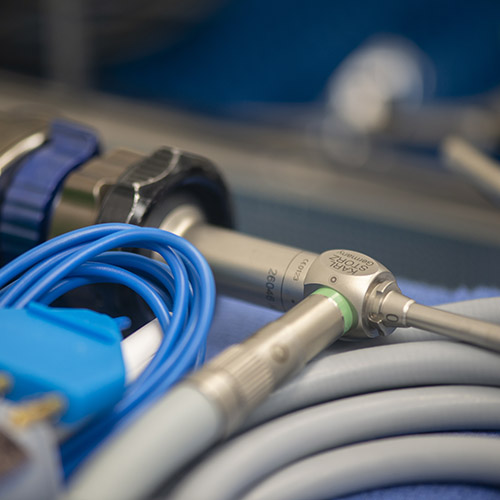Intestinal flora, more correctly termed intestinal microbiota, is “friendly bacteria†present in the intestines. Main functions of intestinal flora include digestion and metabolism of nutrients, stimulus of cell growth, subduing harmful microorganisms, and developing the mucosal immune system in the gut which then produces antibodies to tackle pathogens.
The flora consists of bacteria, yeast, and fungi. The human gut contains around hundred trillion microorganisms and bacteria constitute the majority. There are around 300 to 1000 species of bacteria living in the human intestines. Intestinal or gut flora is also helpful in preventing allergies by training the immune system to react only to harmful pathogens.











